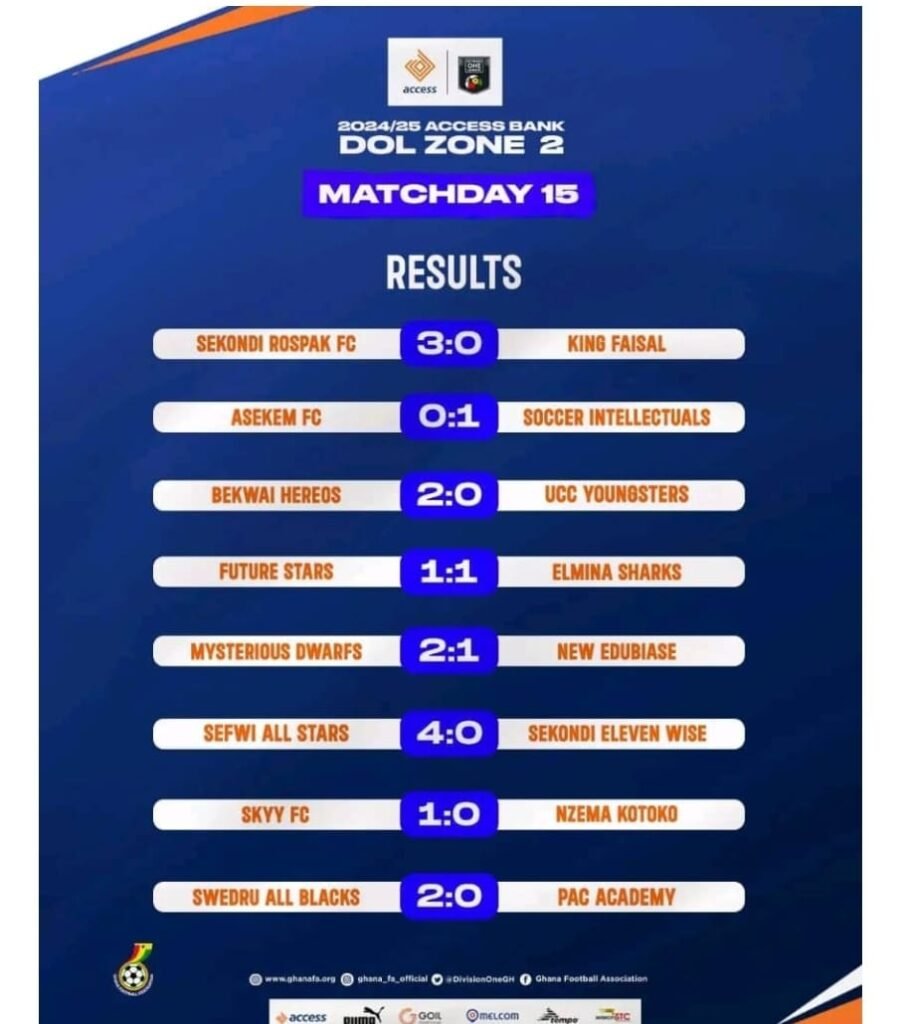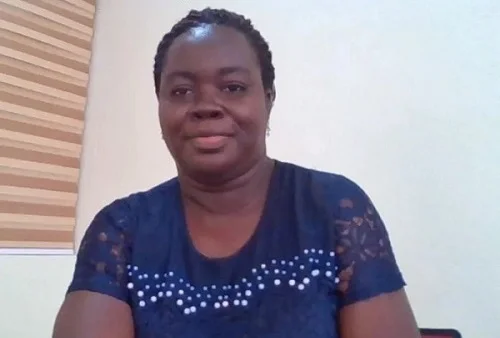Hot!
200 to 300 Ghanaians have been recruited by terrorists – Security analyst

Adib Saani, a security analyst, has disclosed that about 200 to 300 young men and women have been recruited by terrorists in the northern parts of Ghana.
According to him, a series of surveys conducted showed how armed groups were operating in the country, adding that porous borders fester smuggling, arms and human trafficking.
“As part of a series of surveys and assessments of the security situation in the Gulf of Guinea countries conducted by Promediation, it has emerged that the establishment of armed groups in northern Ghana has also allowed terrorist groups to implement an active recruitment strategy.
“It is estimated that 200 to 300 young people have been integrated into the various GSIM-JNIM and EIGS katibas. After undergoing training in training camps in the Sahel, these young recruits were sent back to their villages of origin, in particular, to engage in religious proselytizing,” Adib Saani said in a statement.
He revealed that “porous borders fester smuggling, arms and human trafficking. For example, according to figures from the West Africa Network for Peacebuilding (WANEP), in 2019 there were 44 official migration entry points in Ghana.
“However, in reality, there were more than 189 unofficial entry points on the border with Burkina Faso alone. This complicates our efforts to counter the threat.”
Ghana for a long time has remained a stable country in the midst of increasing extremist violence and political instability in West Africa, a report released by the West Africa Centre for Counter-Extremism (WACCE) has said.
According to the report, the narrative may no longer remain valid soon if adequate measures are not put in place to tackle the increasing threats from the Sahel.
The threat of terrorism is increasingly descending from the Sahel toward the Coastal States.
Today, more than 53% of all ECOWAS states are experiencing insurgencies and the pervasive spillover phenomenon makes Ghana’s border regions a key area of concern.
It said “Recent attacks in Benin, Togo, and Ivory Coast highlight the determination of the terrorists to expand beyond landlocked Sahelian countries, where the insurgency has devastated thousands of lives and property in the last decade.
“Ghana has a big number of prolonged unresolved chieftaincy and ethnic conflicts and tensions, particularly in the Northern regions.”
“The inherently high exploitative capacity of extremists implies that these vulnerabilities put Ghana in danger of terrorist exploitation,” the report added.
Below is his full statement:
As part of series of surveys and assessments of the security situation in the Gulf of Guinea countries conducted by Promediation, it has emerged that the establishment of armed groups in northern Ghana has also allowed terrorist groups to implement an active recruitment strategy.
It is estimated that 200 to 300 young people have been integrated into the various GSIM-JNIM and EIGS katibas. After undergoing training in training camps in the Sahel, these young recruits were sent back to their villages of origin, in particular to engage in religious proselytizing.
Porous borders fester smuggling, arms and human trafficking. For example, according to figures from the West Africa Network for Peacebuilding (WANEP), in 2019 there were 44 official migration entry points in Ghana.
However, in reality, there were more than 189 unofficial entry points on the border with Burkina Faso alone. This complicates our efforts to counter the threat.
All of these groups operate under the command of Sam Oun (from the Katiba Macina), who is believed to be the leader of the GSIM-JNIM for the MaliBurkina Faso-Côte d’Ivoire border area.
One of the objectives of this establishment would be to establish or reinforce the units present in the Diefoula forest, located on the border between Burkina Faso and Côte d’Ivoire, in order to secure GSIM-JNIM access to Ghanaian territory.
EIGS spokesma,n Sidi Amar, and the head of Ansarul Islam’s foreign fighting unit, Saifoulah, estimate that there are 200 young Ghanaians in the ranks of the jihadist groups. The majority of them are believed to be in the ranks of GSIM-JNIM.
Source: www.pulse.com.gh
Hot!
Swedru All Blacks back to winning ways, Roshan humble King Faisal

Sekondi Rospak FC made it eight wins in eight successive home games after three second-half goals from John Amoah, Joseph Ntow and Stephen Anthony Kofi. John Amoah opened the scoring in the 55th minute after a barren first half. Joseph Ntow added to the tally in the 56th minute before Stephen Anthony Kofi rounded things up in the 74th minute to give Rospak a 3-0 win over former Premier League side King Faisal.
Elsewhere at Swedru – leaders Swedru All Blacks humbled PAC Academy in an emphatic 2-0 win. Zayat Bubakari scored first for Swedru All Blacks in the 27th minute before Rudolf Junior Nana Kwasi Mensah made it 2-0 in the 34th minute. Swedru All Blacks are top of the table with 36 points – 4 points ahead of second placed Rospak FC.
Meanwhile, Former Premier League side Cape Coast Mysterious Dwarfs recorded their fourth successive home victory after beaten New Edubiase United 2-1 at the Robert Mensah Park. Enoch Odoom struck first for Cape Coast Mysterious Dwarfs in the 19th minute but Steven Asante equalized for New Edubiase United before halftime. After the interval, Godfred Eshun scored from distance in the 65th minute to help Cape Coast Mysterious Dwarfs secure all the points.
Here are the results in Zone Two

Hot!
Cervical Cancer alert: Avoid sex at early age

The Programmes Manager of Non-Communicable Diseases (NCDs) of the Ghana Health Service (GHS), Dr Mary Efua Commeh, has advised young girls to avoid sex at an early age.
This, she explained, will give the cervix the opportunity to mature before they become sexually active.
“You need to delay what we call the first sexual intercourse as much as possible to give the cervix the opportunity to mature before the person becomes sexually active,” she said.
Dr Commeh stated this in an interview with The Spectator in Accra on Tuesday as a part of the Cervical Cancer awareness month.
According to her, cervical cancer was the second leading female cancer in Ghana with a total of about 3,072 cases annually, and out of that, 1,815 deaths are recorded, representing more than 50 per cent.
She indicated that “If young girls are going to be sexually active, then you need to talk to your parents about being vaccinated.”
She explained that vaccinating young girls against human papillomavirus (HPV) has been found to be a very effective way of preventing cervical cancer.
“There are countries that started HPV vaccination years ago and they are not seeing any cervical cancers now because they would have eliminated most of the high-risk HPVs in their women. So if the high-risk HPV is not there, then obviously the results on cervical cancers are going to go down,” she added.
Dr Commmey said the HPV vaccination is recommended for young girls aged nine to 14 years, adding that it had been found to be highly effective, not just for cervical cancers but for other HPV-related cancers, such as anal cancers, cancers of the vagina, genital warts, amongst others.
She further elaborated that the idea is to put up a barrier before the HPV comes in and that once a young female encounters it, she is already protected.
She also mentioned that for cervical cancers, the main cause is called HPV infection, saying generally, all sexually active women acquire HPV at some point in their lives.
However, the Programmes Manager of NCDs at the GHS mentioned that the body has a way of clearing the HPV, explaining that it is a natural mechanism that goes on, unfortunately, there are a few women whose HPV persists.
Moreover, she noted that the numbers for Cervical Cancer tend to be much higher because at times, clients would wait, and try all sorts of medications before they finally report to the health facility saying “we actually lose some women before they get to the hospitals with over 75 per cent of the cases coming in its third and fourth stages.”
Dr Commey, therefore, called for public awareness while ensuring the availability of information for prevention and control.
By Jemima Esinam Kuatsinu







